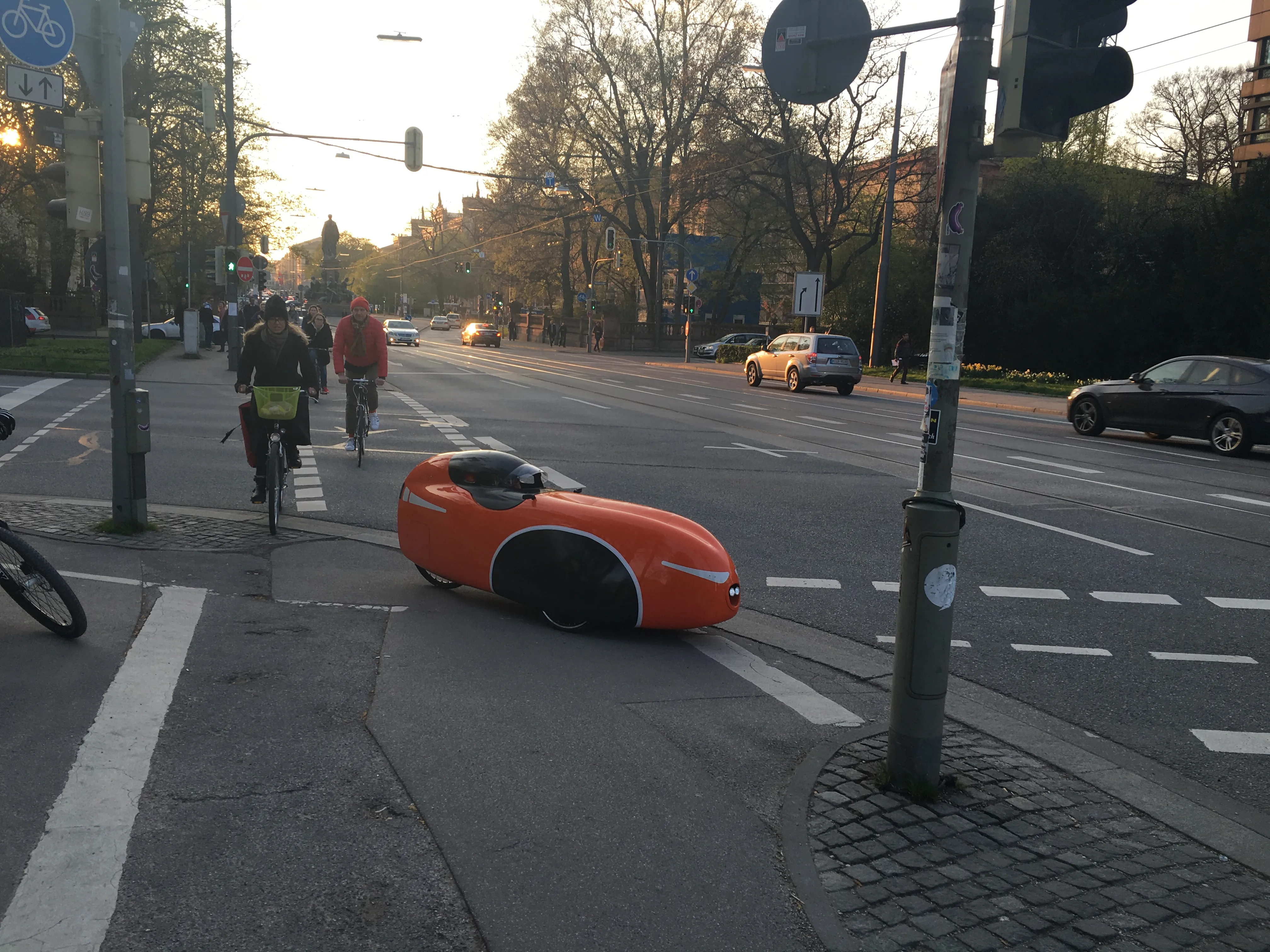
Germany has launched National Cycle Plan 3.0 as a follow-on strategy to boost cycling numbers and further improve safety of the country’s growing cycling network.
It includes concepts, thematic focuses and concrete objectives that the federal government, federal states, local communities and businesses should pursue within their field of responsibilities.
The current National Cycling Plan 2020 was established in 2013 and runs until the end of this year when NCP 3.0 takes over, according to a statement on the website of the Federal Ministry of Transport and Digital Infrastructure (BMVI).
NCP 3.0, now being finalised, is based upon “2,220 ideas, suggestions and proposals for improving cycling in Germany and more than 26,000 evaluations” of cycling infrastructure, said Andreas Scheuer, Federal Minister of Transport and Digital Infrastructure.
The objectives of the new strategy will help recreate an even more seamless cycling infrastructure to enable Germany “to become a country of cycling commuters”, said Scheuer. There will also be a push for more “urban cargo transport by bicycle” and for “cycling to become intelligent, smart and connected”.
At present, about 11% of all transportation trips in Germany are made by bike. It is planned to increase this share significantly in the coming years. Scheuer pointe to Denmark where cycling accounts for 18% of traffic and in the Netherlands it is 27%.
A key prerequisite for getting people on their bikes is a good cycling infrastructure which makes cycling both convenient and safe, notes ministry. The government will continue to offer tax breaks to the leasing of officially designated bicycles.
Among the organisations, agencies and private companies helping to finalise the draft of the NCP 3.0 is PTV Group, a German company specialising in software solutions and consulting services for traffic and transportation, mobility and logistics.
“The goals are that everyone should feel safe on these networks and that it becomes possible to go nearly anywhere on a bicycle,” according to a blog on the website of PTV. “For this, the programme to boost cycling [NCP 3.0] will make available nearly €1.4 billion by 2023, much more than at any time previously.”
More information about NCP 3.0 is available, in English, on the federal ministry’s website.







